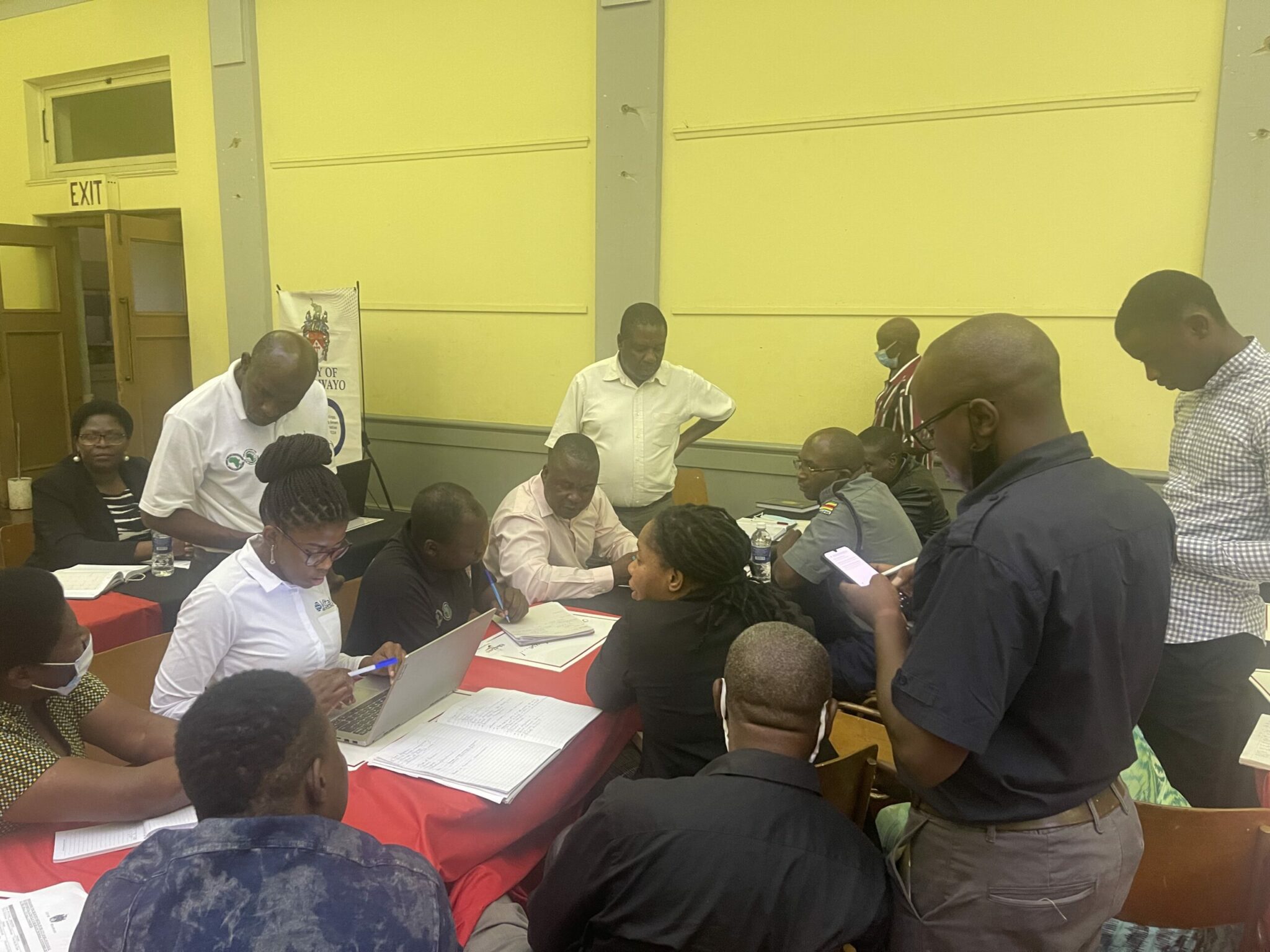Various Bulawayo stakeholders gathered on Thursday to review the city’s Local Environmental Action Plan (LEAP) in an effort to implement policies that will encourage businesses and residents to act in an environmentally friendly way while reducing the negative effects of pollution and littering, which have become an eyesore
This most recent review is of Bulawayo’s current LEAP document set for 2014 to 2018, while Thursday’s meeting sought stakeholder input and measures for the city’s environmental protection, restoration, rehabilitation and general management.
Bulawayo Town Clerk, Christopher Dube, said the stakeholder consultation in 2018 had identified prevalent environmental issues such as pollution, stream bank cultivation, illegal mining, poaching of wood, deforestation, illegal abstraction of sand, illegal dumping of water, collapsed sewerage reticulation system.
“An interdepartmental committee was then formed to prepare the LEAP document, which was prepared and adopted in 2014 and ran from 2014 to 2018. We are here to review the previous document and prepare a new one for Bulawayo,” he said.
“The purpose of the plan will be to facilitate and coordinate strategies, measures, plans and activities relating to the environment.”
Sithabile Dube, the Environment Management Authority’s (EMA) Provincial Planning and Monitoring Officer for Matabeleland North, explained that the review of the LEAP is a fulfillment of Section 95 of the Environmental Management Act (Chapter 20: 27), which states that every local authority is expected to prepare its own environmental action plan for the area under its jurisdiction.
“The LEAP strategy was developed in response to World Conservation Union issues. Zimbabwe is a signatory to and subscribes to international conventions dating back to 1992 to combat climate change. These conventions are legally binding, so we must comply with the requirements. Hence, we need to have LEAP, which is a response to Agenda 21, an output of the Rio Summit in 1992,” she said.
Deputy Mayor, Mlandu Ncube said the LEAP document under discussion takes into recognition Bulawayo’s alignment to Agenda 21, Sustainable Development Goals, the Paris Agreement and African Agenda 2063 among other key statues.
“This is a sustainable development action plan for the 21st century, which urges national governments to work with their citizens to develop a local agenda. LEAP and Local Agenda 21 put more emphasis on public participation in the identification of key issues leading to the preparation of action plans,’” he said.
The deputy mayor interestingly noted Bulawayo was reviewing the LEAP document at a time when the world was converging in Egypt for the Conference of Parties (COP 27).
“Focus at this year’s COP 27 is to spearhead countries and cities to also take the issue of climate change seriously,” Ncube said.
“Not all organisations and countries have the ability and the capacity to deal with challenges brought by climate change. Our document needs to place emphasis on climate related capacity building.”
As stakeholders reviewed the plan of action, Ncube urged that the Enhance Transparency Framework be incorporated, as Zimbabwe, as a signatory to these agreements, will need to begin reporting on action taken and progress in climate mitigation, adaptation, measures, and support provided and received by 2024.
Bulawayo Director of Planning, Wisdom Siziba, said the way forward was to make a commitment to implement LEAP after technical teams had finalised it.
“By February 2023, we will have a feedback meeting to go through the plan crafted today. Document finalisation will be in March 2023,” he said.
The LEAP document will move to council for approval in April, where hopefully it would be approved and adopted.
“We will also submit the LEAP to EMA for approval then implement our plan,” Siziba said.
Liberty Mugadza from EMA’s head office said a monitoring and evaluation plan was necessary as it provided policy makers with an oversight role of what activities were implemented.
“At the end of day, we want to know what has been done. For Zimbabwe to be a good country, we are interested in the outcomes of our activities” he said.
Mugadza also said the plan will guide industry to reduce their pollution.
“Yes, companies pay their rates but the level or burden they create might not be equal to the rate they are charged for the square metres they are sitting on yet are distributing litter, post-consumer waste that might not be in tandem with what they pay,” he said.

